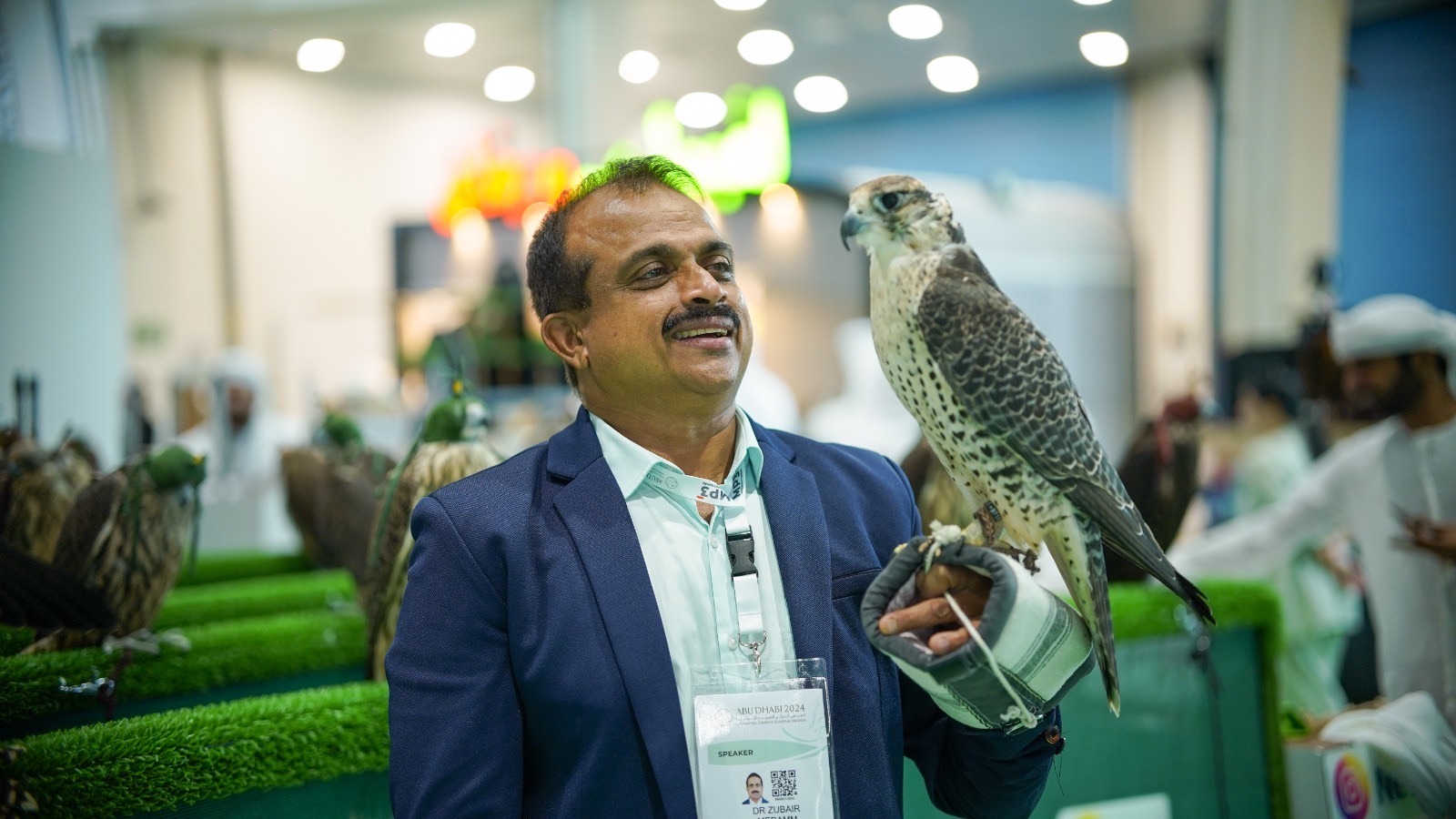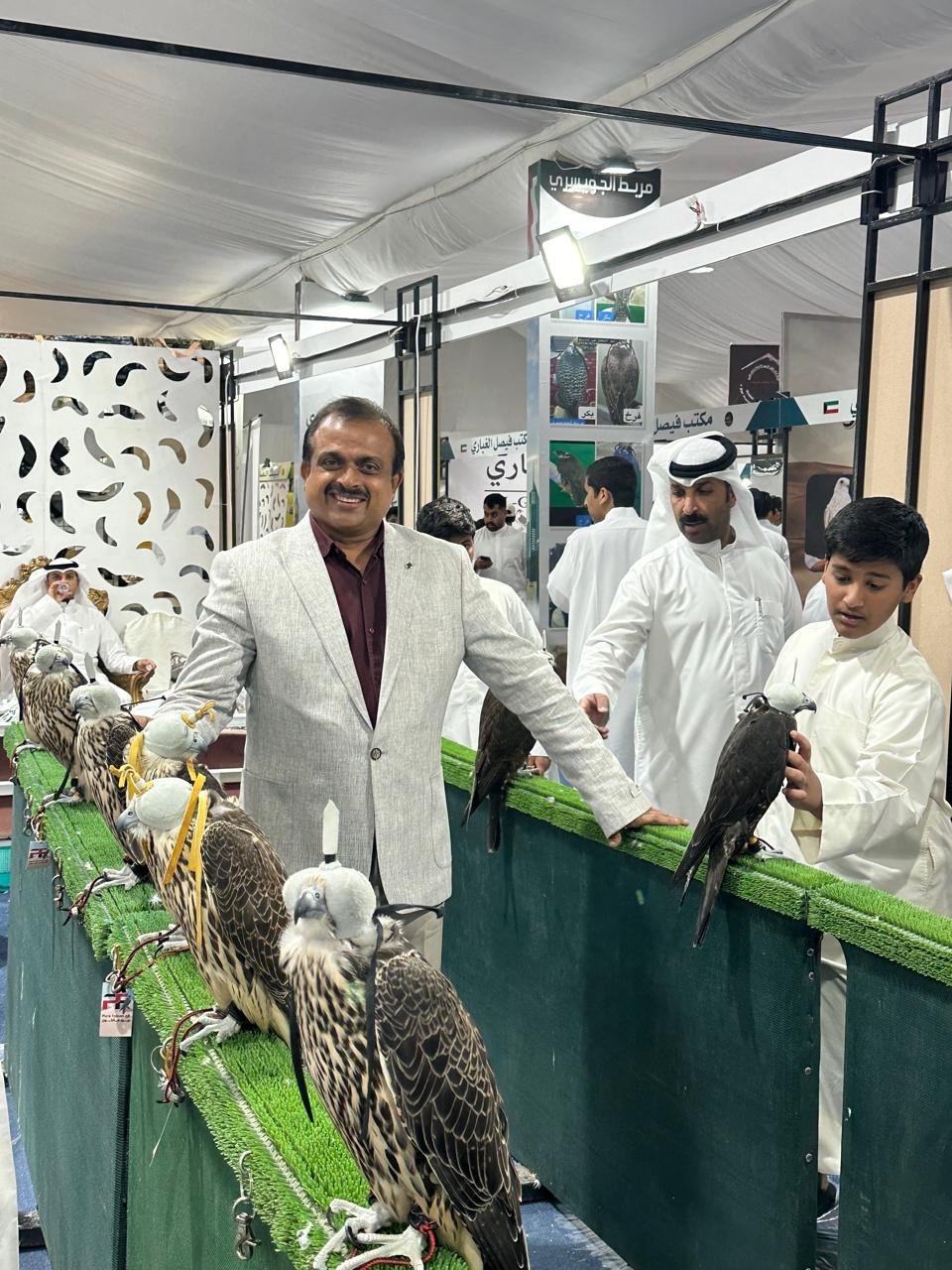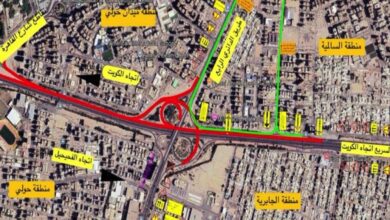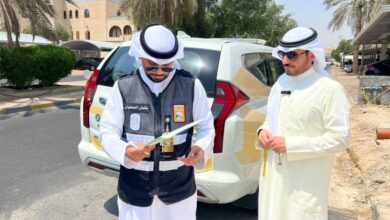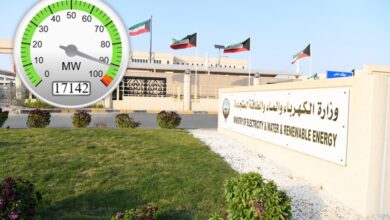The global odyssey of a falcon enthusiast
Dr. Zubair Medammal, the first and only Indian to earn a doctorate in falcon studies, has recorded and created sonograms of fifteen falcon vocalizations, researched the species for over two decades, and received specialized training in artificial falcon breeding in Stuttgart.

• For falcon research, Dr. Zubair Medammal has visited the USA, Europe, Australia, Germany, Thailand, Singapore, China, Kuwait, the UAE, Saudi Arabia, Qatar, Bahrain, Oman, Morocco, Pakistan, Iran, Malaysia, Egypt, Sri Lanka, Palestine, Jordan, Israel, Kazakhstan, and Bangladesh, among others.
• Dr. Zubair has received numerous awards and accolades for his outstanding research in foreign countries, presented nationally and internationally.
• Arabs make up one-third of the world’s falconers and have hunted with these birds for 2,000 years. As Kuwait’s national bird, falcons symbolize strength, grace, and nobility, historically serving as vital hunting companions that contributed to the sustenance of the Kuwaiti people.
Dr. Zubair Medammal attended the Kuwait International Falcon and Hunting Event from September 24 to 28 in Sebhan, the State of Kuwait.
Many Asian countries, including Kuwait and India, are emphasizing the importance of conserving and preserving falcons. “These birds, which hold great significance in Arab tradition and culture, require special care as they are under serious threat of extinction,” said Dr. ZubairMedammal, a scholar who has extensively studied falcons and conducted research on them for over two decades.
Dr. Zubair, the first and only Indian to earn a doctorate in falcon studies, has also recorded and created sonograms of fifteen different vocalizations from various species of falcons.
Katara organizes its International Hunting and Falcons Exhibition (S’hail) annually, reflecting its ongoing commitment to preserving falconry, Dr. Zubair explained. He has attended this event every year since its launch in 2017, marking this as the eighth year. The exhibition has become a significant annual gathering for both enthusiasts and those interested in hunting and falconry equipment.
“This year’s event has been a remarkable success, drawing a wonderful crowd and participation from 21 countries, including first-timers like Poland, Austria, Portugal, and Russia,” Zubair added.
“The falcon has always been regarded as a rare and shy bird, and it is seldom observed by amateur birdwatchers. To see falcons, one typically has to travel by airplane. I have flown nearly a hundred times around the world for this purpose.

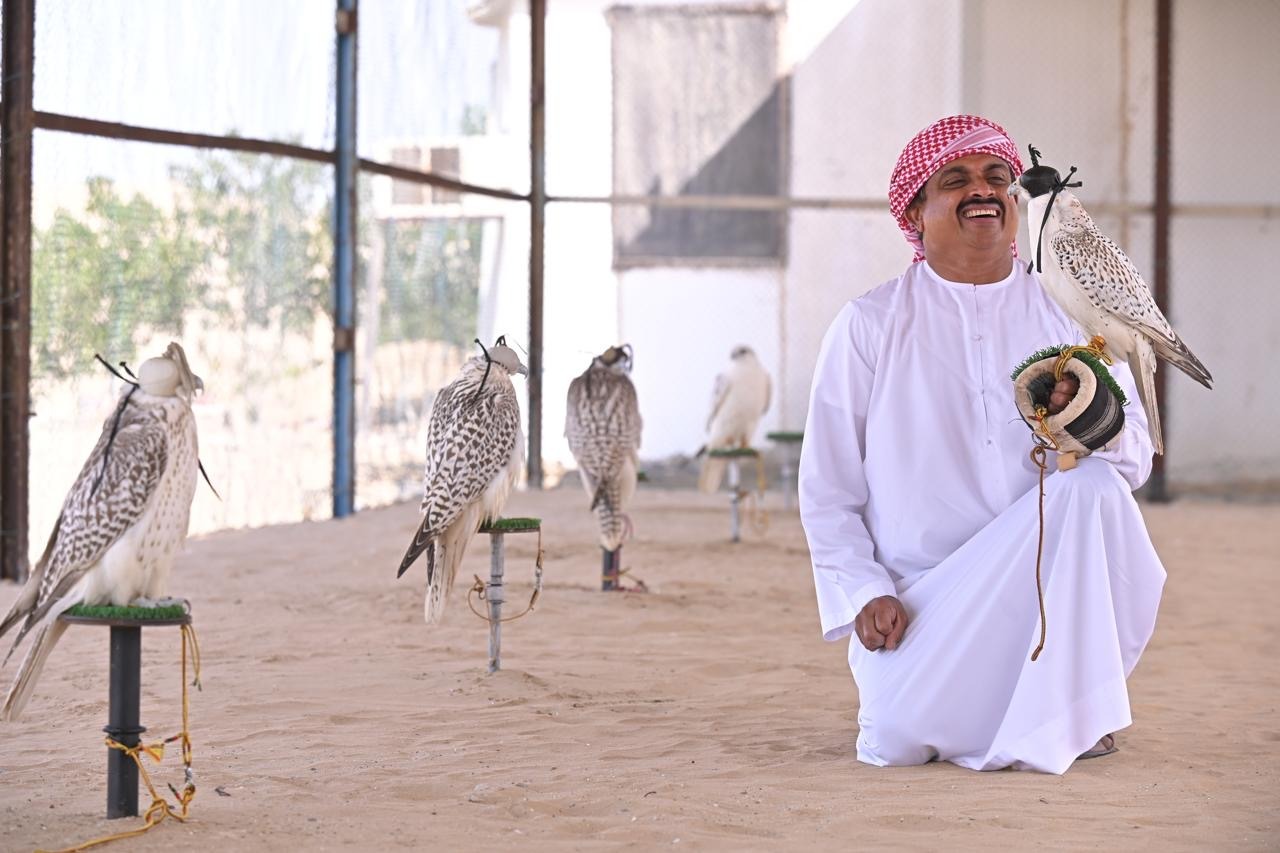
For falcon research, Dr. Zubair has visited the USA, Europe, Australia, Germany, Thailand, Singapore, China, Kuwait, the UAE, Saudi Arabia, Qatar, Bahrain, Oman, Morocco, Pakistan, Iran, Malaysia, Egypt, Sri Lanka, Palestine, Jordan, Israel, Kazakhstan, and Bangladesh, among others. He received specialized training in artificial falcon breeding in Stuttgart.
Dr. Zubair emphasized that extra care should be taken when feeding falcons, as many birds in various countries have died from consuming food contaminated with pesticides and preying on infected birds.
Arabs constitute one-third of the world’s falconers, and it is believed that they have hunted with falcons for the past 2,000 years. As the national bird of Kuwait, falcons are revered as symbols of strength, grace, and nobility. Historically, falcons were used for hunting, contributing to the sustenance of the Kuwaiti people and fostering a sense of camaraderie between humans and birds.
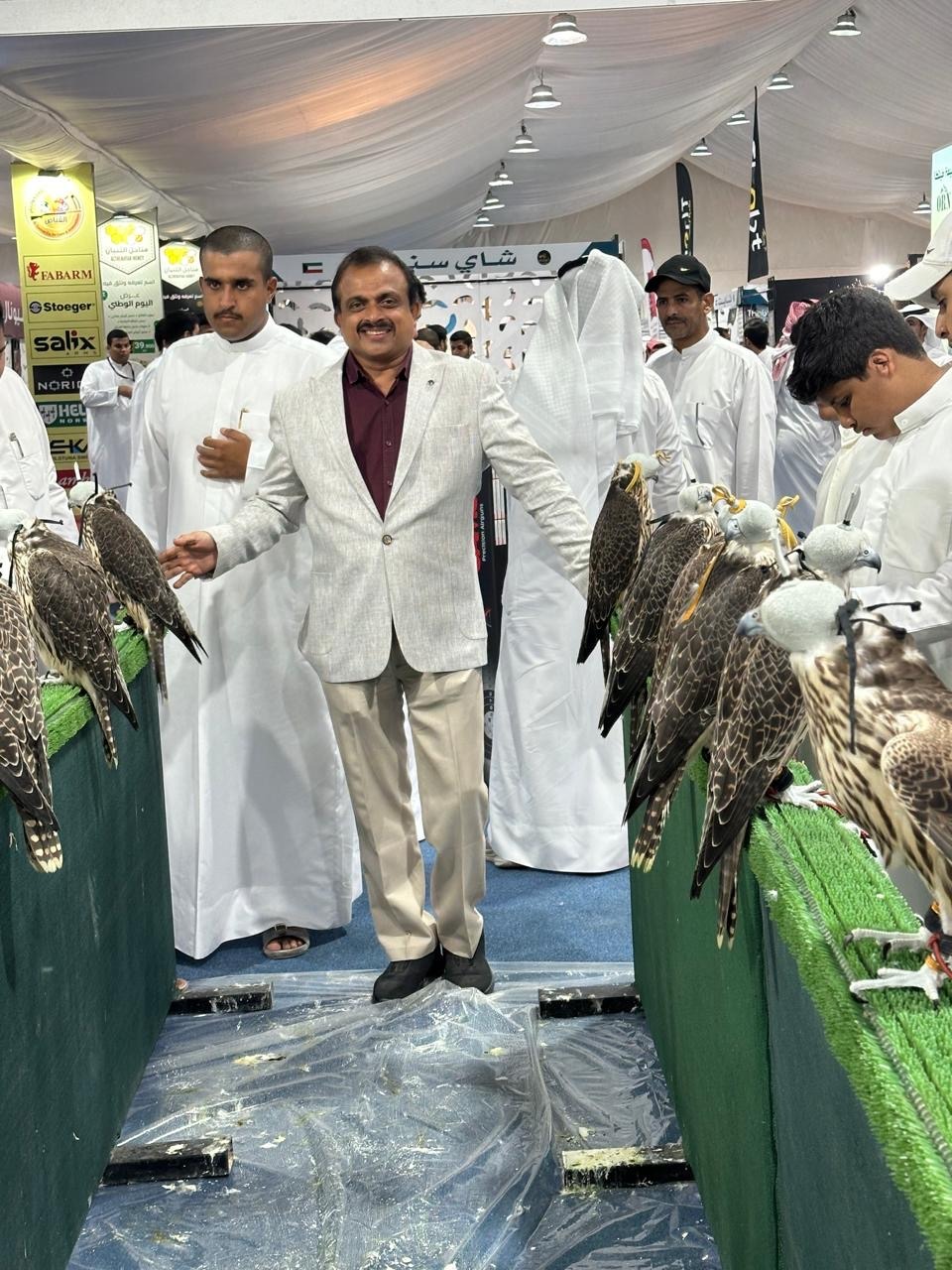
Dr. Zubair Medammal has been a featured speaker at the Abu Dhabi International Hunting Exhibition (ADIHEX), held from August 31 to September 8 in Abu Dhabi. He also delivered lectures at the S’hail-Katara International Hunting and Falcon Exhibition from September 10 to 14, 2024, in Doha.
Additionally, he has conducted workshops as the chief resource person at the Saudi International Falcon Exhibitions in Riyadh, KSA, in 2022 and 2023, and he will participate again this year with a workshop at King Saud University, Riyadh, from October 3 to 12, 2024. Currently, he is attending the Kuwait International Falcon Exhibition from September 24 to 28, 2024, in Sebhan, State of Kuwait.
In December 2017, he was appointed by the Qatari ruling family to travel to Morocco via Doha to discuss the establishment of a Houbara Breeding Centre. Dr. Zubairhas also visited Kuwait in 2008 and 2013. Recently, on May 12, 2024, he delivered an invited lecture at Al-FarabiNational University in Kazakhstan.
“As the national bird of Kuwait, the rulers of Kuwait spend millions of dollars each year to purchase falcons from various parts of the world,” Dr. Zubair observed. “It is the only bird that requires a passport to cross the border of a country,” he noted, referring to measures implemented by some Gulf countries. Kuwait introduced falcon passports through CITES in 2021.
He explained that falcons can be used to deter crows and other birds that disrupt traffic and pose a threat to passenger planes and other aircraft at airports worldwide.
Dr. Zubair has received numerous awards and accolades for his outstanding research in foreign countries, presented nationally and internationally. He has produced a “Falcon Documentary” in both Arabic and English, which he plans to release shortly with a sponsor.
He expressed his desire to educate students in schools, colleges, and universities, as well as the public, about the culture and heritage of Kuwait by incorporating falconry into the curricula. During his recent visit to Kazakhstan, he delivered a lecture on “Rehabilitation of Falcons in the Wild.”
Dr. Zubair serves as a professor in the Department of Zoology and as the coordinator of the International Avian Research Centre (IARC) at the University of Calicut, India.








